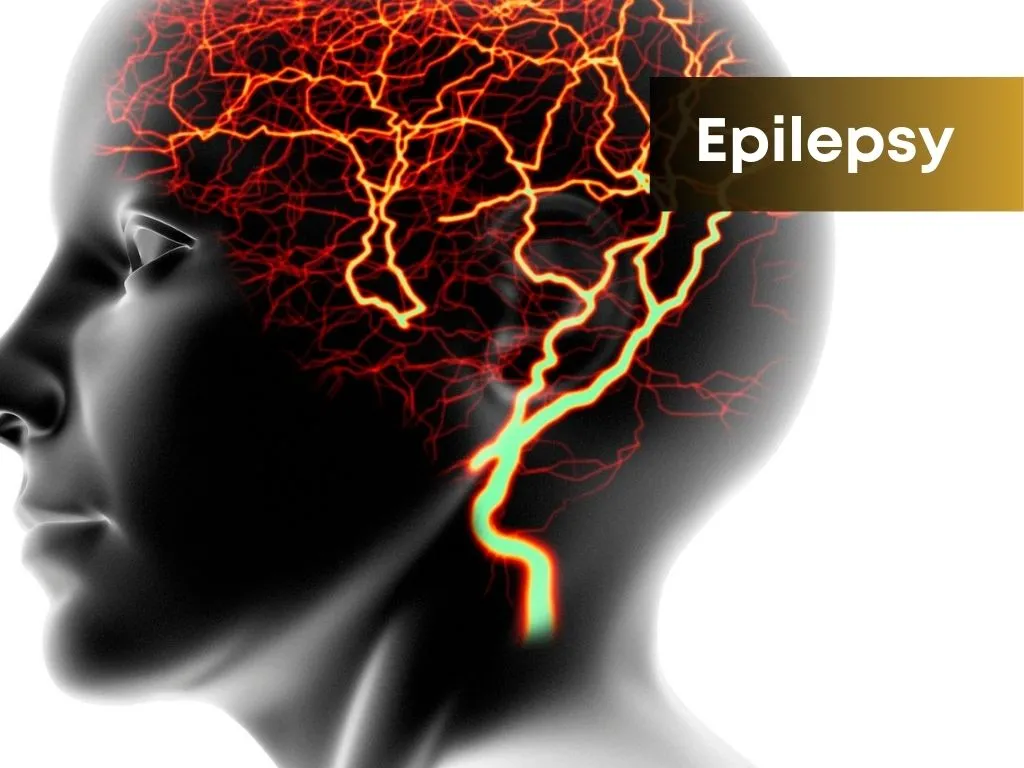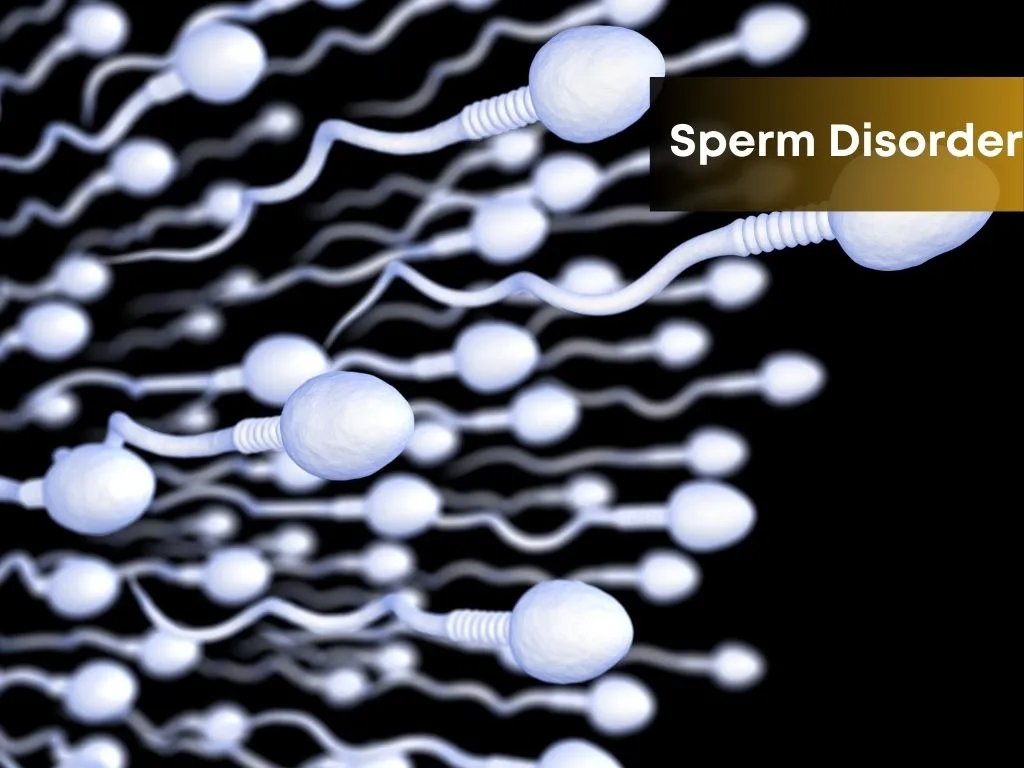Epilepsy
-
 Nalamaree Team
Nalamaree Team
- 22 September 2025
Overview
Epilepsy is a neurological disorder characterized by recurrent seizures.
These seizures are caused by abnormal electrical activity in the brain. Seizure symptoms can vary widely depending on the type of epilepsy and the part of the brain affected.
They may include convulsions, loss of consciousness, unusual sensations, or uncontrolled movements.
Epilepsy can develop at any age and can have various causes, including genetics, brain injury, infections, or developmental disorders.
Causes
Epilepsy is caused by abnormal electrical activity in the brain. This can result from a variety of factors, including:
Symptoms
Seizures: The hallmark symptom of epilepsy is seizures, which can take various forms:
Generalized seizures
Partial (focal) seizures
Treatment: Modern Medicine
Treatment: Traditional Medicine
Caution




.jpg.webp)
















.jpg.webp)
